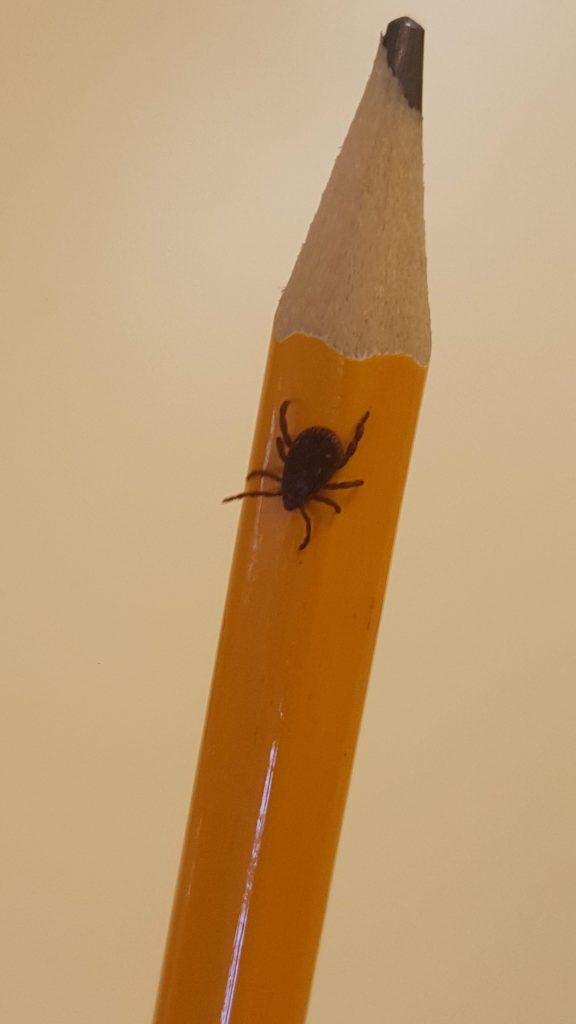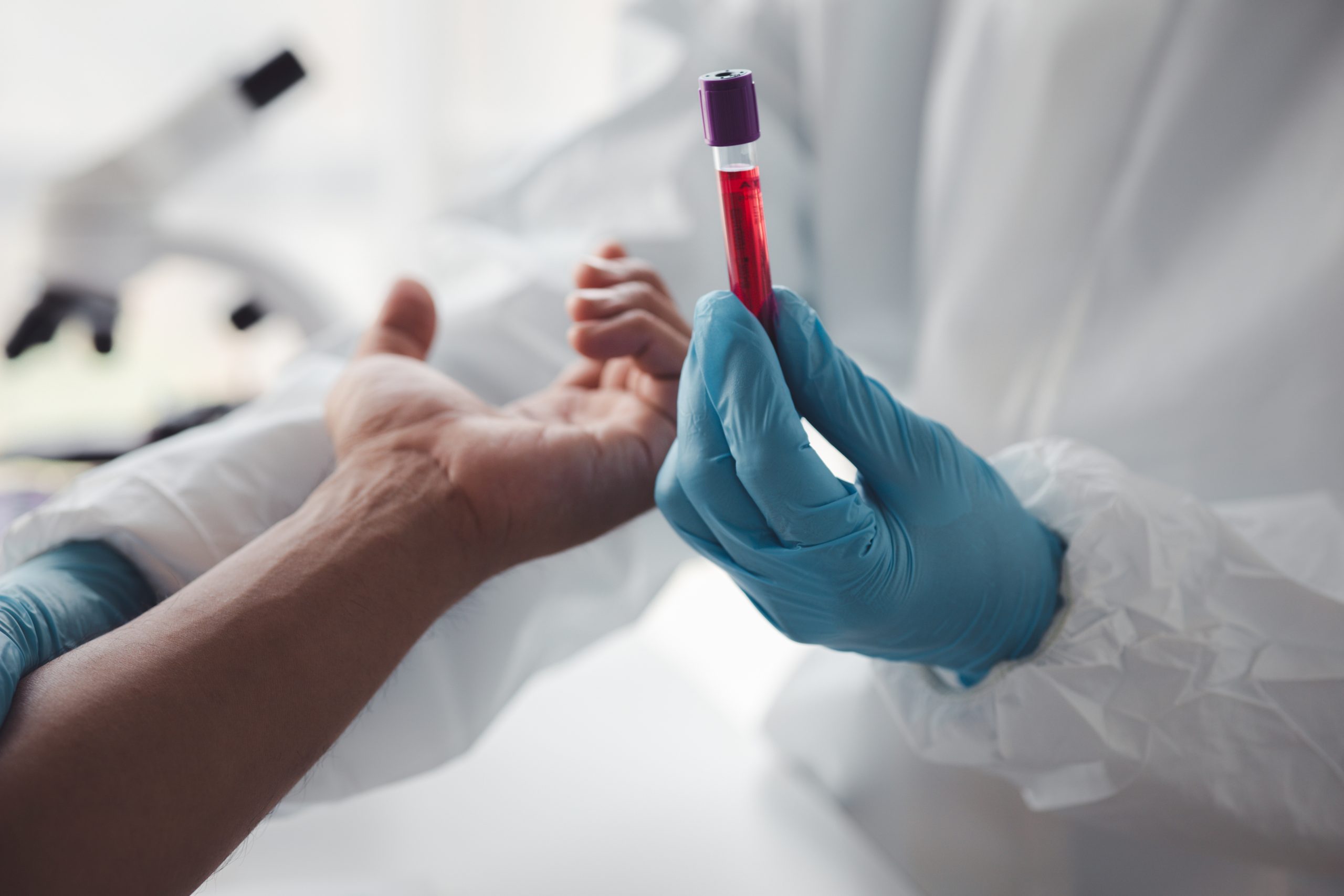
August 15, 2024 — Bacteria that produce vital nutrients for ticks could provide a vulnerability that aids in reducing tick-borne diseases in humans and animals, according to a new study by researchers at the Hebrew University of Jerusalem.
According to the study published in ASM Journals, the researchers offer a novel approach to fighting ticks by disrupting their internal support system, targeting vital nutrients that ticks cannot obtain from their blood-only diet, rather than killing ticks directly.
The study, led by Prof. Yuval Gottlieb from the Koret School of Veterinary Medicine at Hebrew University, has unveiled important information about the relationship between the brown dog tick, Rhipicephalus sanguineus, and its Coxiella-like symbiotic bacteria.
Ticks carry numerous diseases that pose significant health risks to humans and animals. They can transmit pathogens such as bacteria, viruses, and protozoa, leading to illnesses such as Lyme disease, Rocky Mountain spotted fever, and anaplasmosis, among others. These diseases can cause severe health issues, including neurological problems, joint pain, and even death if not properly treated.
Understanding the biological mechanisms that support tick survival and reproduction is crucial for developing new methods to prevent tick bites and reduce the incidence of tick-borne diseases, ultimately protecting public health. According to the Centers for Disease Control and Prevention (CDC), approximately 50,000 people visit emergency departments annually due to tick bites in the United States alone, a number that likely underestimates the total number of tick bites that go unreported.
Ticks, as blood-feeding arthropods, rely on endosymbiotic bacteria to obtain B vitamins, which are deficient in their blood diet. The study explored whether additional metabolites, such as L-proline, are involved in this nutritional symbiosis.
Prof. Gottlieb of the Hebrew University Robert H. Smith Faculty of Agriculture, Food, and Environment and Koret School of Veterinary Medicine and his team measured amino acid levels and examined the effects of B vitamins and L-proline supplementation on female ticks with suppressed Coxiella-like endosymbionts.
The findings revealed that L-proline levels were higher in the symbiont-hosting organs of unfed ticks and in engorged blood-fed ticks. Moreover, the supplementation of B vitamins significantly increased the hatching rate of ticks with low levels of Coxiella-like endosymbionts, an effect that was further enhanced with the addition of L-proline. These results suggest that endosymbionts produce L-proline and are essential for the tick’s reproductive processes, particularly during periods of high metabolic demand such as egg production and embryonic development.
“This study underscores the importance of nutritional symbionts in the health and reproduction of ticks,” said Prof. Yuval Gottlieb. “Our findings can open new possibilities for developing strategies to control tick populations and mitigate tick-borne diseases.”
The research paper titled “Endosymbiont-derived metabolites are essential for tick host reproductive fitness” is now available here.
Researchers:
Balasubramanian Cibichakravarthy, Neta Shaked, Einat Kapri, Yuval Gottlieb
Institution:
The Robert H. Smith Faculty of Agriculture, Food and Environment, Koret School of Veterinary Medicine, The Hebrew University of Jerusalem, Rehovot, Israel




